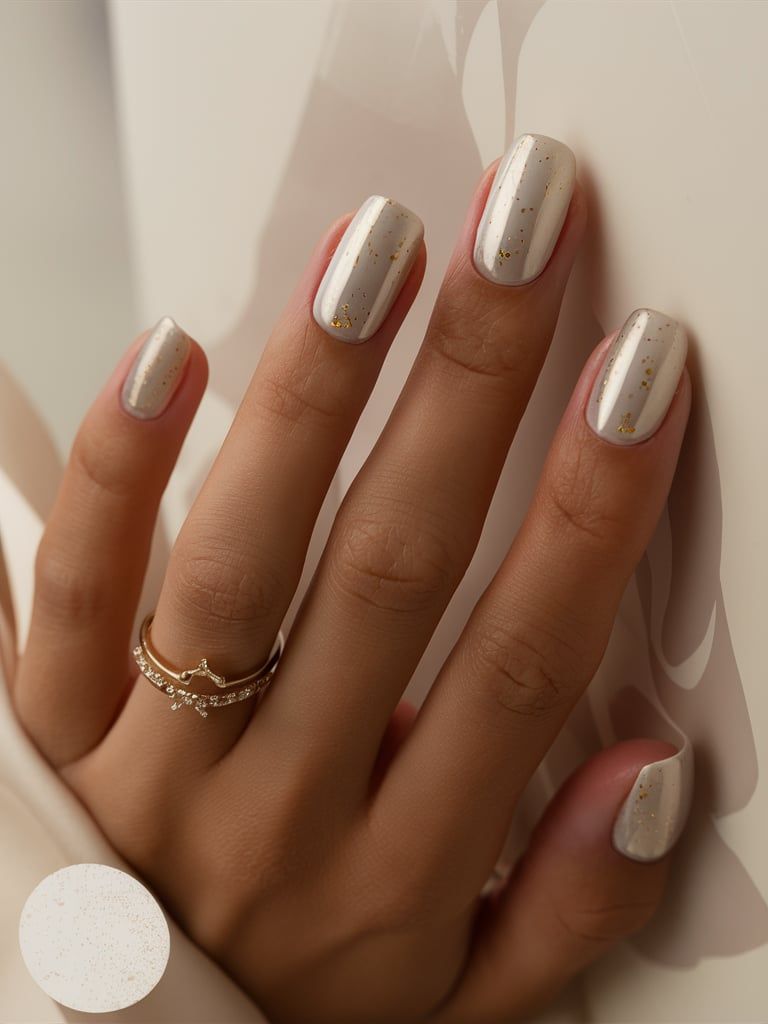How to Stop Breakage on 4C Natural Hair
If you have 4C natural hair, you know how frustrating it can be to deal with breakage. This hair type is known for being very fragile and prone to breakage, but with the right care and techniques, you can prevent breakage and help your hair to thrive. In this article, we will share some tips on how to stop breakage on 4C natural hair.
1. Be Gentle with Your Hair
One of the most important things you can do to prevent breakage on 4C natural hair is to be gentle with it. This means avoiding harsh brushing, combing, and styling techniques that can put stress on your hair and cause breakage. Instead, opt for gentle detangling methods using a wide-tooth comb or your fingers, and be mindful of how much tension you are putting on your hair when styling.
2. Moisturize Regularly
4C natural hair tends to be very dry, which can lead to breakage if it is not properly moisturized. Make sure to moisturize your hair regularly using a good quality moisturizer or leave-in conditioner. Pay special attention to the ends of your hair, as they are the oldest and most fragile part of your strands. Deep conditioning treatments can also help to keep your hair well-hydrated and less prone to breakage.
3. Protect Your Hair at Night
Many people with 4C natural hair experience breakage due to friction from their pillowcase while they sleep. To prevent this, consider wrapping your hair in a satin or silk scarf or using a satin or silk pillowcase. These materials are much gentler on your hair and can help to reduce breakage caused by friction.
4. Avoid Heat Damage
Using heat styling tools such as flat irons and curling wands can cause significant damage to 4C natural hair, leading to breakage and dryness. If you must use heat on your hair, be sure to use a heat protectant spray and keep the temperature on the lower side to minimize damage. Consider embracing your natural texture and using heatless styling methods to protect your hair from breakage.
5. Trim Your Hair Regularly
Split ends are a common cause of breakage in 4C natural hair, so it’s important to keep your ends trimmed regularly. This will help to prevent split ends from traveling up the hair shaft and causing breakage. Aim to trim your hair every 6-8 weeks, or whenever you notice the ends starting to look frayed.
6. Use Protective Styling
Protective styles such as braids, twists, and buns can help to protect your 4C natural hair from breakage by reducing manipulation and the exposure of your ends to the elements. Just be sure not to make your protective styles too tight, as this can cause breakage at the hairline or in the scalp.
In summary, by being gentle with your hair, moisturizing regularly, protecting your hair at night, avoiding heat damage, trimming your hair regularly, and using protective styling, you can help to prevent breakage and promote the health and growth of your 4C natural hair. It will take time and patience, but with the right care, your hair will thrive and become stronger and more resilient. Don’t give up, your hair will thank you in the long run.
You can review our digital products by following us on Etsy.





